Permaculture - Tumblr Posts





WHAT HAPPENS TO USED STRAW BALE GARDENS?
I was very successful growing brassicas, Red Kuri Squash, Tomatoes (fertilised by leftover liquid coffee), and other crops in fermenting straw bales this year. Peppers were not successful in these gardens.

The bales provide nutrition, heat, and worm food as they break down, which extends the growing season and accelerates crop cycles. The resulting soil is light and fluffy, allowing for excellent root penetration. Ambient heat around the fermenting bales creates a microclimate, which allows me to keep growing cold-tolerant crops, even after frost.
My four main straw bale gardens were arranged in a long row, enclosed by a wattle fence I made out of red dogwood, coppiced in the local area.

After removing the summer crops, the bales were looking a little worse for wear, so I removed the bale twine, and manually compressed them by about 20cm (picture 2, above). I also added a top-dressing of more soil.
The result is, they have broken down into one long raised bed! I have planted is with my over-winter crops of broccoli romanesco, kale, and some short crops of pak choi and various salad greens. In the coldest parts of winter, I’ll easily be able to fit a row cover over the raised bed.
This was my first year growing in straw bale gardens, and I am thus far very happy with the result. I was glad I had the foresight to build a retaining wall around them, and my advice for folks looking to try these gardens would be to do the same. My two free-standing straw bales gardens will be cannabalised into mulch at the end of the season.
Read more: Straw Bale Gardens (USA / Canada / UK & Europe)
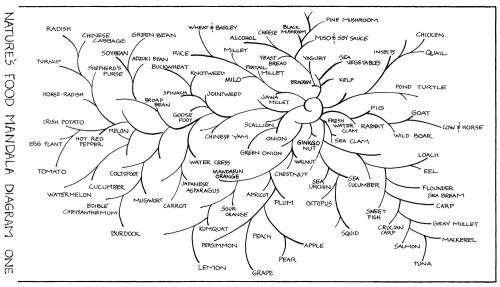
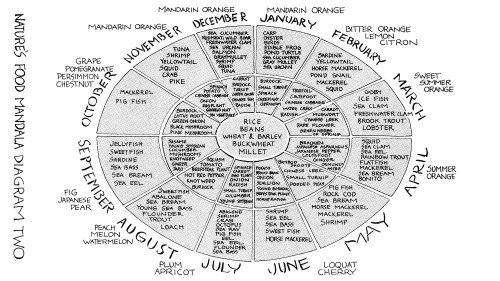
It took some time, after finishing the "One Straw Revolution" (by. Masanobu Fukuoka) to find his food mandalas. His "do nothing" philosophy is very appealing in a lot of ways. He sought harmony with nature in his daily away from capitalism, and I believe he lived his teachings till the end of his days. Although, I currently don't own land for farming. I want to apply his teachings: mindfulness, and being keen to listen to silence. Sometimes doing nothing and allowing nature to balance itself.
I may read this book again as I continue to grow.







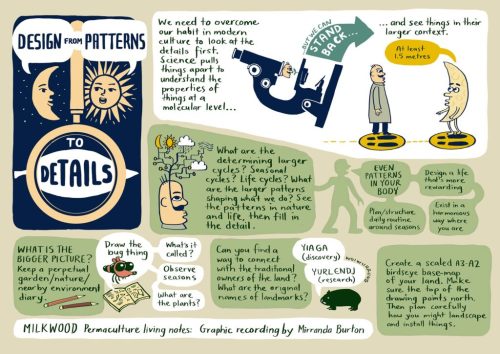





What My Father Knows
by Ross Shideler
My father raised me to know
that I am not different
from anyone else. This knowledge
makes me respond to you all
with doubt.
If you dreamed
as an eight year old
of shoveling coal into a furnace
and the furnace exploded
blowing you sky high,
and you saw from up there
while hanging to a stove pipe
the entire city, then
came down slowly
to the basement again,
why don’t you wish
to be a bird as I do?
And assuming
that you discovered around fourteen
that your parents were nice
but not your own
and you watched every night
for a starship to arrive,
why aren’t you aware of how alien
we all are to this planet?
Perhaps most confusing
is that I know you have spent
as many days and nights
as I have fearing death
and dreaming of a private escape
or of a discovery to save everyone,
yet still you seem to forget
what heroes and heroines we are
to get up every morning,
to go to bed every night.
I Don’t Say Goodbye, I Only Say Ciao
Poem by. Gabrielle Octavia Rucker
What bloody lense holds firm between this mystery & us? Two shiny crows
tapping intelligently on the glass of a dream.
Please! Do not make me do the human things—
I must tend to my many plankton realities,
must be off with my better self:
One million faces lined
along a mirrored tunnel & in each that same tricky knot begging.
You couldn’t know how long I suffered over it, my long waiting at the end of the maze.
I can only guess what you think I’m after, stretching in the mirror
while you rattle on about sabotage,
an old tension springing in the body.

Southwestern Landscape - Landscape
Salt Lake City Farmhouse Landscape

Ideas for a sizable vegetable garden in a farmhouse front yard.
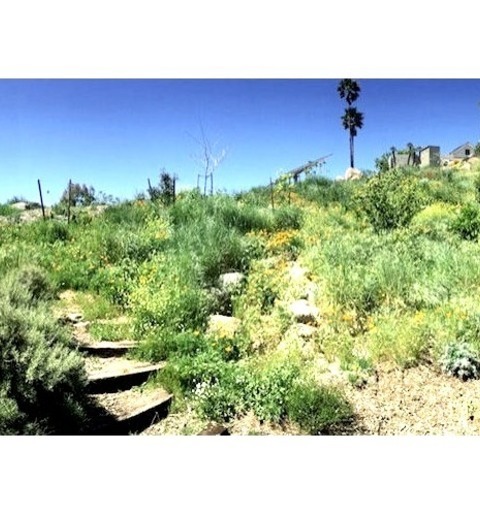
Landscape - Mulch Here is an illustration of a sizable, modern, full-sun, mulch garden walk that is tolerant of drought.
Permaculture
Lorsque la graine de tomate donna une petite feuille, puis deux, puis trois, pointant timidement au-dessus de la terre, elle découvrit loin au-dessus d’elle un colosse, un véritable géant végétal, quasiment un arbre à cette échelle. Le plant nouveau-né s’en tint prudemment à l’écart – autant que sa petite tige le lui permit. Il était effrayant, celui-là.
Petit à petit, le plant de tomate grandit, tout comme son immense voisin, et comme son minuscule autre voisin : sous ses feuilles, la large verdure de feuilles de courge commençait à s’étaler au sol, tandis que tout là-haut, une immense fleur se mit éclore au sommet du tournesol. Celui-ci faisait moins peur au pied de tomate, qui s’était peu à peu habitué à sa présence aussi imposante que silencieuse. Heureusement, car leurs destins se retrouvèrent littéralement liés lorsqu’on les attacha l’un à l’autre.
Très gênée, le pied de tomate tenta d’expliquer au tournesol qu’il n’y était pour rien ! Oui, ça devenait de plus en plus dur, ces derniers temps, de soutenir ses propres tiges. De minuscules tomates commençaient à pousser et l’alourdissaient considérablement. Mais quand même, hors de question de se plaindre ni de se laisser aller !
L’autre lui répondit simplement :
— Laisse-toi faire.
— Mais non, je ne peux pas m’appuyer comme ça sur toi, enfin !
— Mais si. Regarde comme je suis grand et fort, alors que tes tiges ploient sous le poids des feuilles. Tu imagines quand tes fruits seront mûrs ! Et puis, je suis là pour ça.
— Mais toi, tu n’auras pas de fruits ?
— J’aurais mes graines sur la tête, mais ça ne change rien. Allez, appuie-toi ! »
Le plant de tomate leva la tête et vit, tout là-haut au sommet, un sourire timide mais amical, le sourire du tournesol. Alors il accepta et posa enfin son fardeau.

Denver Landscape Design ideas for a huge contemporary full sun backyard stone landscaping in fall.
Throughout human history there was an element of reciprocity that reliably happened between Earth and humanity.
Human and animal waste, food scraps, fallen leaves, garden trimmings, and other organic components; were almost guaranteed to be returned to the soil, to be broken back down into fresh soil...either via composting, or via burying the organic waste.
Substantial things made of metal or wood (or more recently, plastic) often got taken to the "junkyard".... and it wasn't uncommon back then for people to take a trip and purposely go browsing there: in order to find and repair, or else, break down old items into component parts, for reuse elsewhere.
Now?
EVERYTHING is landfill.
Everything just gets thrown all together into a garbage dump or a landfill... and I don't think that it is a coincidence that Earth is suddenly experiencing a problem with running out of topsoil in which to grow crops.
This has been compounded by the fact that the corporations throw away literal hundreds of tons of perfectly good food (organic matter that should at LEAST be returned to the soil to replenish the earth instead).
They do this because it then makes it possible to raise prices on their remaining supply of produce, according to their bizarre rules concerning supply and demand...
Is it any wonder that topsoil is disappearing, given these capitalistic changes, where now there is an artificially-increased rate of overextraction of resources from nature, coupled with a drastic decrease of sustained reciprocation?
The very roots of lawns are classist.
After the first monarchs (i.e. invader/warmonger/conquerors) took the lands and forests away from the common folk of europe, where the common man had previously subsisted very well and sustainably for hundreds if not thousands of years, the kings and nobility carved up the land among themselves and then razed it.
They usually planted only grass and maybe exotic flowers.
Because it was a "sign of wealth and nobility" to have a HUGE expanse of lawn with no edible crops or much of anything on it...to have a whole ton of land that 'wasn't being used'.
It signified that you had control over enough of the population to force them to grow and graze food FOR you, while you concerned yourself mostly with pleasure and parties (which is why monarchs were so fucking bored all the time!😂) ....mostly turning their spirits, bodies, and minds into a bowls of spiteful mush....
So, yeah. Lawns were not only racist, but a mindless, pointless, destructive, and unsustainable 'status symbol' (as most symbols of status usually are).
Makes me wonder how the ACTUAL original wildernesses in Europe were like, before all the serfdom nonsense?
October Is A Time :3
Landscaping Thoughts with Mike Hoag
Corporations and the ultra rich have been either hoarding, or ruining (via pollution) land and resources all around the world for centuries now.
This creates a Cage for people, similar to what happened to the Common Lands in Europe -- because if you don't have access to and the ability to organize together with your community for food, water, and shelter, then you don't have access to life.
You are then coerced and forced to obey those who stole that land from you, in order to survive.
To play whatever game they set up, and to be compelled to believe whatever lies the ultra rich feel would justify their exploitative behaviors in the first place.
Hijacking, manipulating, and controlling all the ways that people subsist for the sake of power and profit is the core tenet of Capitalism.
The owning class has seen people start to wake up and gain class consciousness. So, they want to be sure to try to close the Cage as fast as possible, before even their sycophant conservative followers can understand what's going on.
The persecution of people and groups who try to protect land from corporations, trying to create community gardens, or try to feed the homeless, are a part of that process of Earth's enclosure.
The acceleration of genocides and the enclosure of the lands in which those genocides take place, are a part of that.
Dispossession of small farming operators and growers will be part of it.
Which is why understanding permaculture, foraging, and food forestry, and organizing together to protect the land and sow native and zone appropriate seeds can be so helpful in the fight against capitalism.
Good for the upcoming apocalypse
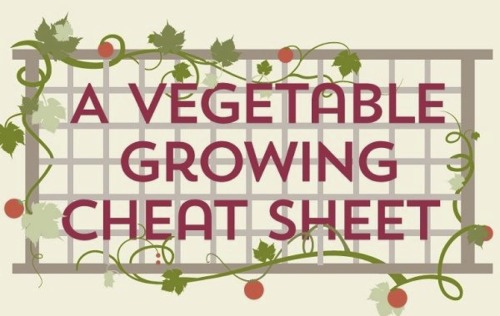

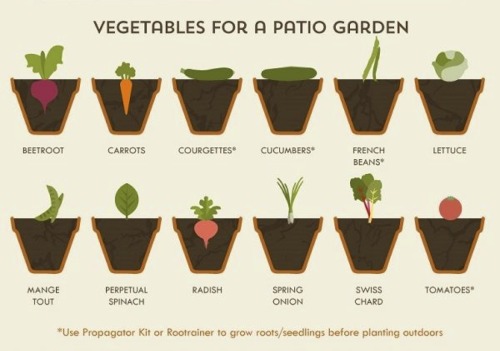

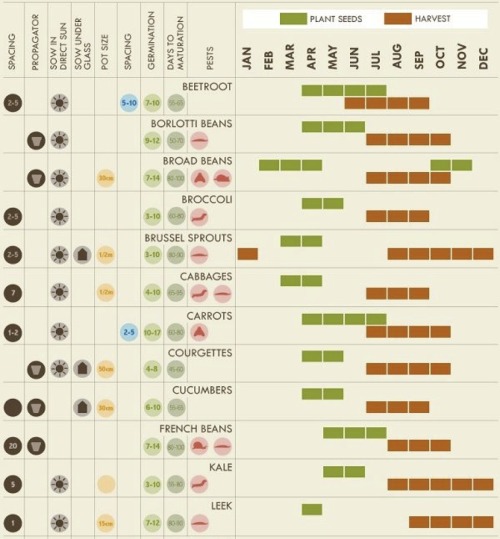
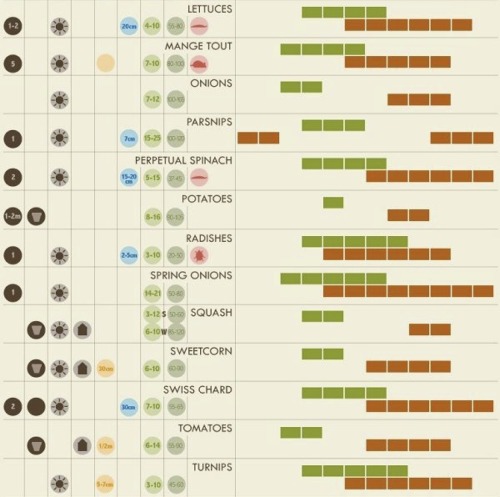

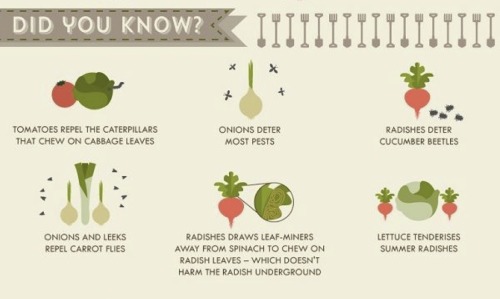
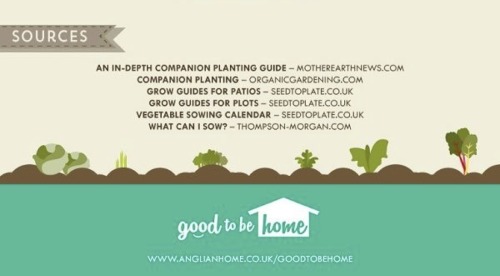
I will be getting SO MANY SEEDS from the trusted sites above. Thrilled
I grow our own vegetables. Many hybrid and heirloom varieties are bred for flavor rather than for commercial appeal and travel. There are entire species on the allotment that you can’t easily buy in stores because of this - like salsify, a root vegetable that tastes of fish and shellfish. Our neighbours happily take it to make vegan latkes of alarming similarity to fishcakes. You cannot sell it in stores because - despite looking like a white parsnip - it turns brown when you pick it if you scrape/bruise/cut the white root in any way, or damage the delicate little hairs, for some reason, it BLEEDS RED and is very upsetting to look at.
There are whole classes of foods like this. Foods that just don’t ship well or look good on supermarket shelves. Forbidden fruits. Vegetables that bleed and taste like meat. Sorry about this



